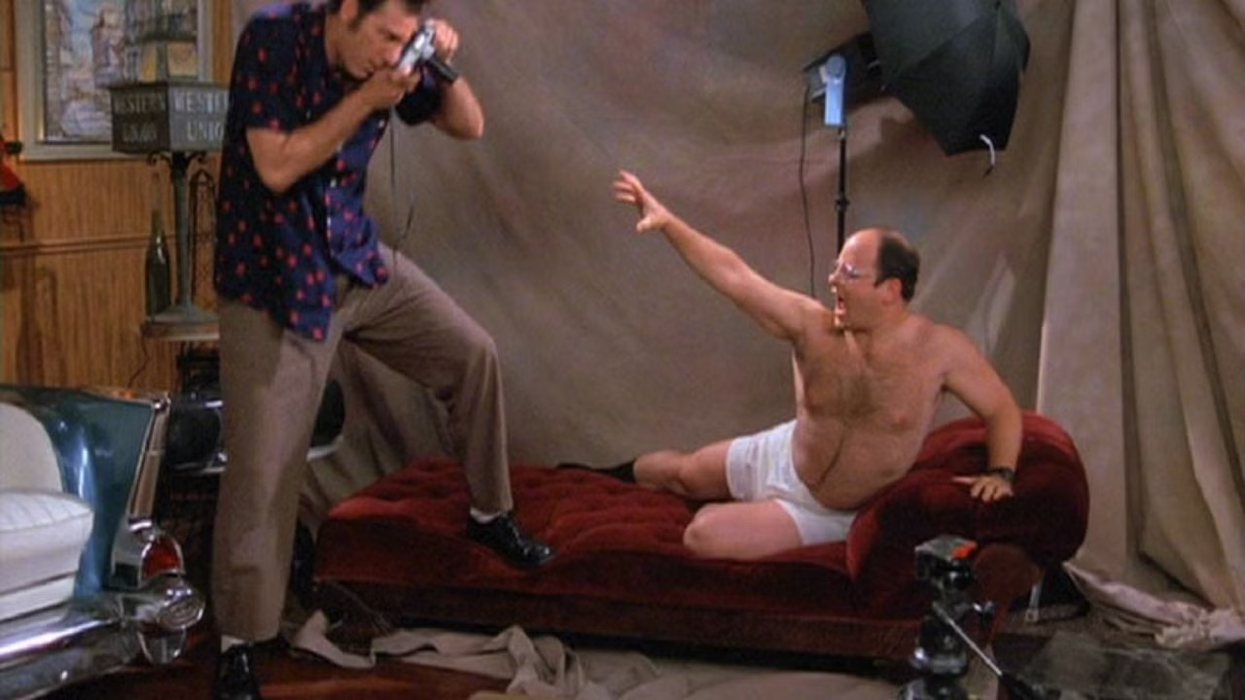Watch: Kenneth Lonergan Reveals the Emotional Journey of Storytelling
Every moment of the storytelling process is filled with emotion.

If you're a fan of Kenneth Lonergan's films and plays, you know that he tells stories with characters wrestling with their deepest emotions, many times struggling with very real existential crises. And yet, Lonergan also has a wonderful sense of humor that he laces throughout these emotional tales.
The Oscar-winning screenwriter of Manchester by the Sea and much lauded playwright recently gave a very interesting talk for the BAFTA Screenwriters Lecture series, where he works through his personal experiences and describes how they relate to his writing and directing. Check out the lecture below, and if you don't have time for the full talk, you can read our takeaways after the video.
Learning how to work with producers and executives to get your films made
Like all writers, Lonergan cares very deeply about his work, and trying to get one of his screenplays turned into a film can be challenging, even for someone with his stature as a screenwriter and a playwright. Lonergan explains, "Many of the professional conversations that you have to have about your work are hard to get through because you're talking about your work and the person you're talking to very often, it's their job to have meetings and to talk about scripts. And it's easy to get upset when people give you suggestions and thoughts about your work because you're actually talking about something and the other person isn't...You have to learn how to be congenial and also protect your material because it does need protecting."
Knowing the entire story up until the moment you are currently writing
Inevitably as a screenwriter, you will find yourself stuck at a certain point in your story and may not be sure why. Lonergan works backward from these moments to unlock his story, using his experiences creating characters for his stage work as a guide: "When you're in a play and you enter, you're supposed to come on with something, you're supposed to know where you're going when you walk into the room. If there's someone on stage and you know who they are, you have to know who they are to you. And if you haven't figured that out, you feel very false, and it's very similar with writing. Do I know what job this person has? Do I know how long they've been working? Do I know what happened to them yesterday, what happened to them before? Is this story complete leading up to this moment where I'm stuck?"
"Is this story complete leading up to this moment where I'm stuck?"
Lonergan reveals that when he hits these blocks, he realizes that has taken a wrong turn somewhere earlier in the story and he needs to go back to change something to open the story up. This could be an action a character took that she shouldn't have or even changing the character's mood upon entering a scene. Making those adjustments opens the story back up for Lonergan so he can proceed.
Sharing an intimate emotional connection with actors through the storytelling process
Lonergan describes how the experience of making a film with actors becomes a powerful, shared emotional journey. On Margaret, Lonergan explains, "By the end of the 50 days of shooting, I felt like [Anna Paquin and I] had both been pretending to be the same teenage girl for 50 days. And we had been in the same emotional space in a way, in an extremely intimate way. We're friendly, but we haven't stayed friends, but I have a connection to her because we both pretended to be this person as hard as we could and with all of the freedom of our imaginations that was available to us…That connection of souls is profound."

Realizing why moments feel false in films and television
Lonergan is known for his naturalistic portrayal of life and characters, and he repeatedly discusses the importance of naturalism to him as a storyteller. As a result, he spends a fair amount of time thinking about why certain elements in a story feel false. Lonergan concludes, "I think when films feel false or TV feels false or anything fictional feels false, I think it's because the creators are not reflecting their own experience…I think they're trying to guess what the audience [and characters are] like."
"I think when films feel false or TV feels false or anything fictional feels false, I think it's because the creators are not reflecting their own experience."
Instead, Lonergan works to understand the emotions his characters are experiencing, putting himself into the characters and grappling with their conflicts using examples from his own life to bring truth to the story.
Understanding the reason why we need to tell our stories
As storytellers and filmmakers, we may struggle with the notion that maybe we should be spending our time doing something else. Lonergan himself has these questions: "Why should I spend my life asking people to listen to my fantasies and pay attention to my emotional life? And the answer is because everybody's emotional life is important and everybody's fantasies are important, and I think that it doesn't take much of a look around the world to see that the more actual connection there is and the less generalized identification of others, the better."
Featured image: Casey Affleck and Lucas Hedges in 'Manchester by the Sea', written and directed by Kenneth Lonergan. Credit: Claire Folger, Amazon Studios.











